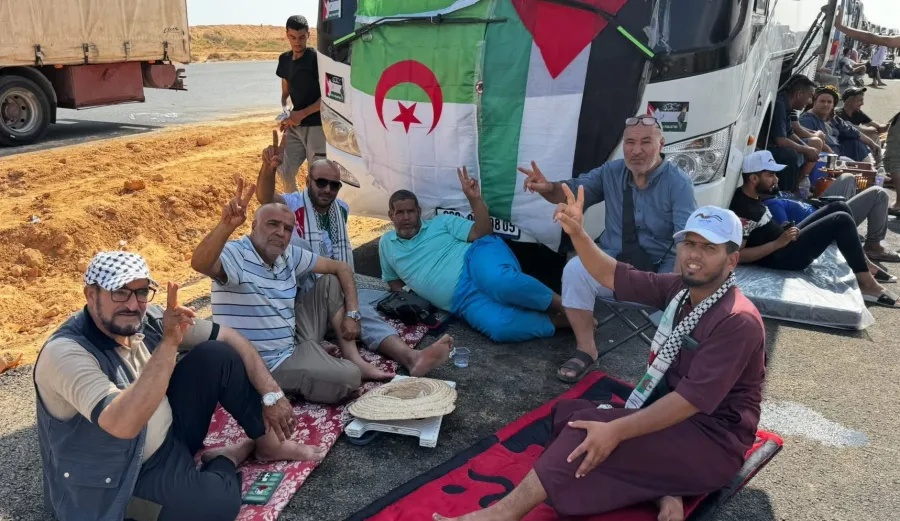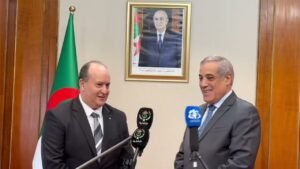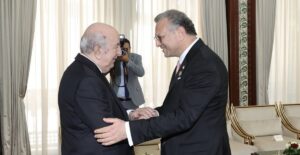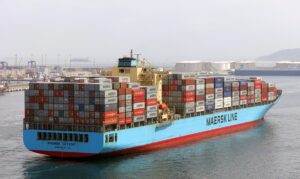Legitimate questions about the “Islamist struggle” on social media!

These days, a torrent of posts and publications continues to follow the "Maghreb March to Break the Siege on Gaza," which is currently stationed near the Libyan city of Sirte, awaiting permission from the government loyal to General Haftar to reach the western border with Egypt. These posts fuel the ongoing debate about the true objectives of this "virtual" campaign and its expected real outcomes in support of Gaza. Some are exaggerating the importance and impact of this march, which coincided with Israel's seizure of the international solidarity ship "Madeleine," while others are skeptical of its aims and impact. So far, the march has been content with publishing videos of the popular reception for the march in Tunisian cities and western Libya, arguing that these images are, in fact, the march's true objective. Its organizers, more than anyone else, are aware that this "media spectacle" has no chance of having an impact on alleviating the suffering of the people of Gaza. Amid this debate, a number of questions and observations are being raised about this march, the most important of which we will present.
First, calling this march "Maghreb" is a misleading term, given that it comprises approximately 1,500 Tunisian activists, around 200 Algerian activists, and a small number of their Libyan counterparts, excluding Moroccan and Mauritanian activists. This composition is not due to the fact that Moroccan and Mauritanian activists were unable to participate for the sole reason that Algerian authorities closed the land border with Morocco. Rather, it would be more accurate to consider this absence as an intentional "exclusion" on the part of the organizers, as evidenced by the publication of a Maghreb map separating the Moroccan Saharan provinces from their motherland, something that no Moroccan would accept, regardless of the march's stated objective. In other words, the exclusion of Moroccans specifically from the march aims to suggest that Moroccans refuse to participate in the pro-Gaza march!
The second observation concerns the organizers' conviction that their ten buses and one hundred cars will not be allowed to reach the Rafah border. In this case, the real objective of this march is nothing more than—in addition to suggesting that Moroccans are reluctant to participate in support of Gaza—an attempt to embarrass the Egyptian authorities and confirm the alleged "charge" of collusion between the Egyptian and Israeli authorities. Everyone knows that the Egyptian authorities will not allow this march to enter Egyptian territory without its participants obtaining entry visas. This raises a legitimate question: If the organizers know that they will not be allowed to enter Egypt, what is the real objective of all this fuss? And what good will this "fuss" do if it does not include any "tangible" benefit to the steadfast people of Gaza in any way possible?!
The most important question of all the above, and which the organizers of this march are asking, is simply: Wouldn't it have been more beneficial for Algerian activists in particular, and Tunisian activists by extension, to try to lift the blockade imposed by their country's authorities on public activities supporting Gaza and Palestine, instead of claiming that they aim to lift the Egyptian-Israeli blockade - as they claim - on the Gaza Strip?! In other words, is it legitimate for someone who is banned from public demonstrations in support of Gaza in Algeria to attempt to demonstrate on the borders of the Gaza Strip?!
Let's then discuss the stated goal itself, and ask: How can this march break the siege imposed on the Gaza Strip, given the thousands of trucks loaded with relief supplies that have been stuck for months at the Gaza Strip's borders, with none of them able to enter the besieged territory? What tools does this limited march, which does not even carry a single bag of flour, have to provide relief to the people of Gaza and alleviate their suffering?
The inability of popular movements—whose many participants' sincere intentions and feelings toward the suffering of the Gazans are unquestionable, and whose organizers, it is no coincidence, hail from an Islamist and nationalist background—to provide any real assistance to the afflicted population of Gaza makes it legitimate to claim that the true goal of these populist movements is to exploit the suffering of the Gazans to settle scores with Arab governments in general, and those in the surrounding countries more specifically, without even considering Israel and its crimes! In other words, these are "cheap" campaigns, waged primarily on social media pages, blatantly declaring the inability of those behind them to take any effective action to address the situation in the Gaza Strip. Indeed, they never intended to offer such support, and that the entire matter is nothing more than a "mode" to be ridden by, exploiting the sincere feelings of the Arab peoples who sympathize with the tragedy of the Gazans, to achieve "cheap" political goals that keep them politically alive, having lost the opportunity to truly influence their societies, let alone influence beyond their borders.
In conclusion, common sense dictates that the organizers of this march and others like it should, as a start, engage in a battle to expand the virtually non-existent space for expressing their sympathy for Gaza within their own countries, specifically in Algeria, before transferring this “struggle” to Egyptian territory and settling “sick” scores with the Moroccan authorities under the flimsy pretext of “normalization”! Without that, it will be difficult for these populist movements to gain legitimacy, no matter how hard media outlets like Al Jazeera try to polish their “record of struggle.” Supporting Gaza and its people, gentlemen, begins within the Algerian capital, before considering transferring it to the Egyptian-Libyan border!





